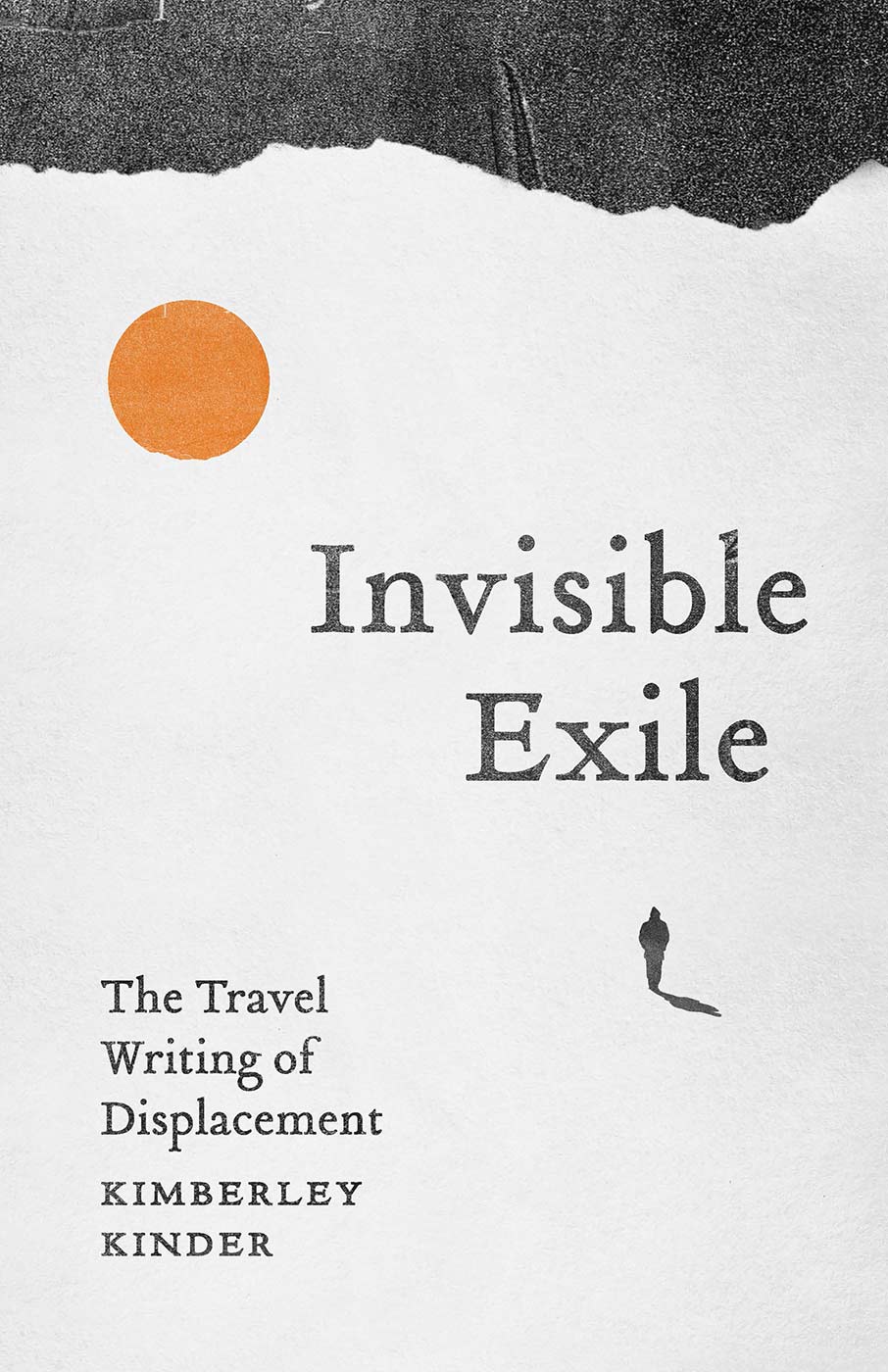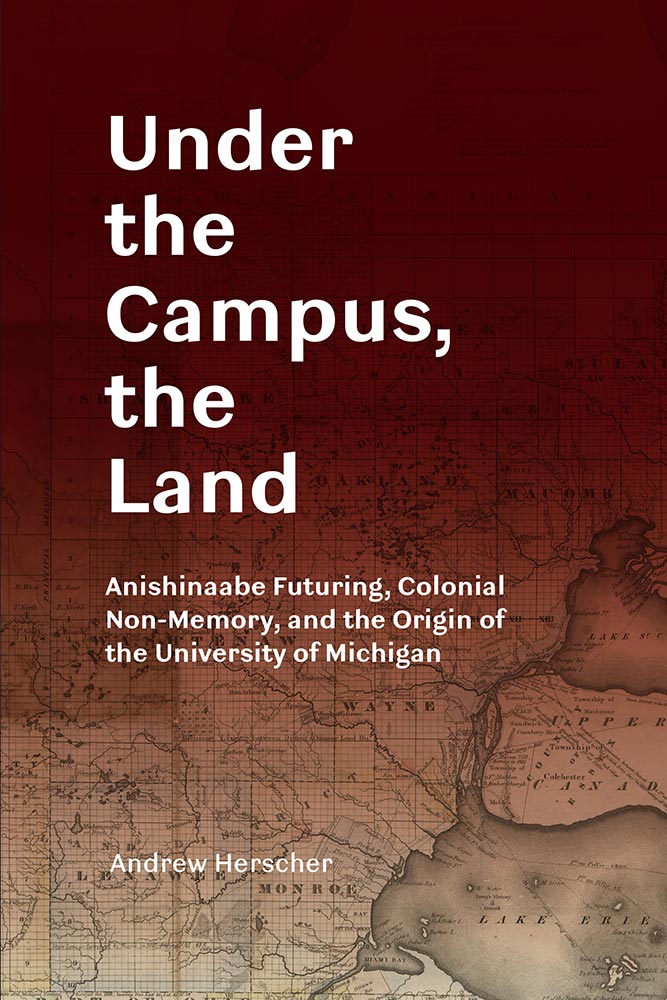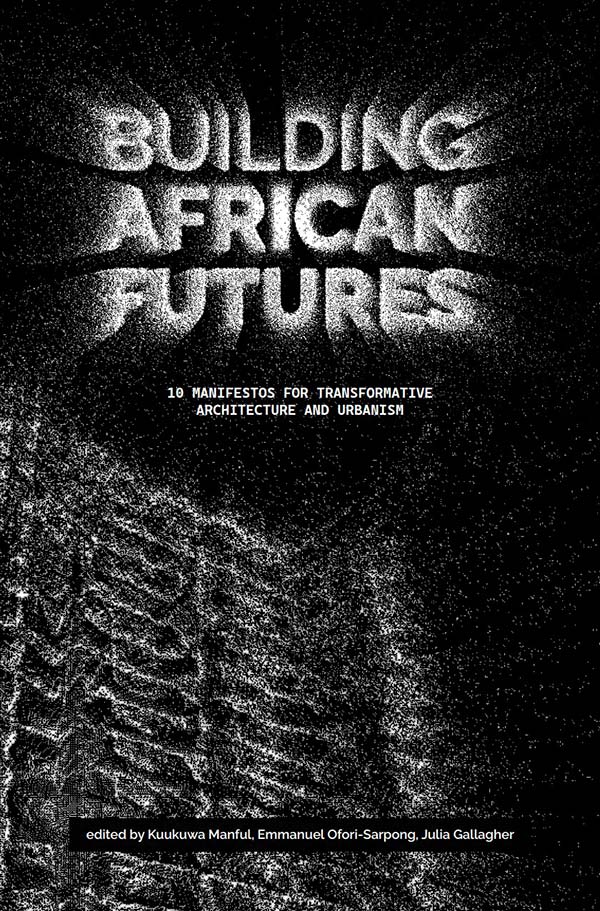Planning and the African-American Community: In the Shadows
This is one of the few books to investigate the intersection of racial injustice and American urban planning. Questions: How have urban planning policies contributed to racial injustice in American cities? Does contemporary urban planning really address and attempt to solve the social and economic problems of African Americans in cities, or does it just perpetuate ghetto conditions? What have African Americans done to confront injustices in planning?
The book explores four major topics: zoning and real estate, planning and public policy, African American initiatives and responses, and planning education. In addition, it includes key race-related excerpts from many essential planning-related documents, such as pivotal court cases and federal housing manuals. Individual chapters examine the racial origins of zoning in American cities; how Eurocentric family models have shaped planning policies applied to African American families; the rise of equity planning and its effects; and the role of race and empowerment in the Model Cities experiment. It also looks at the influence of African American experiences on the planning of such cities as Los Angeles, Greensboro, and Birmingham.









